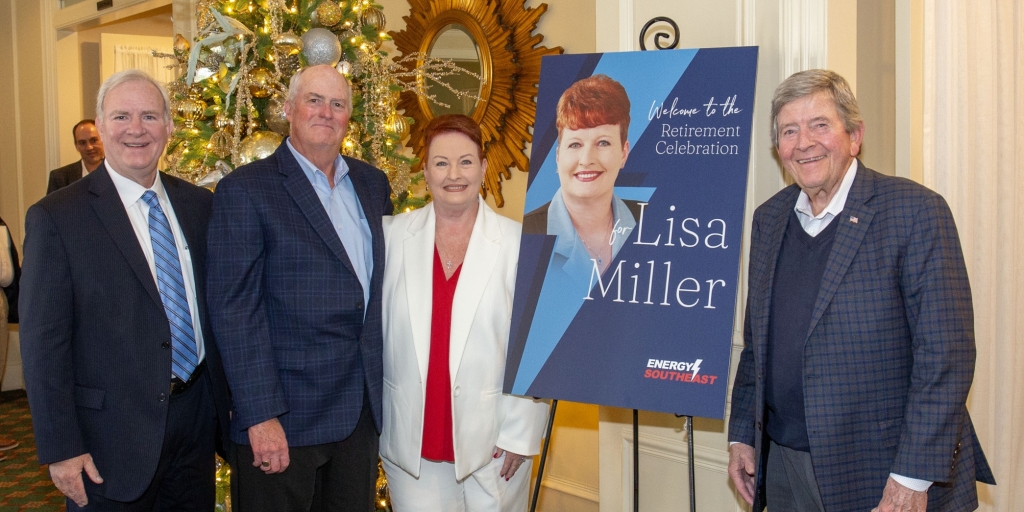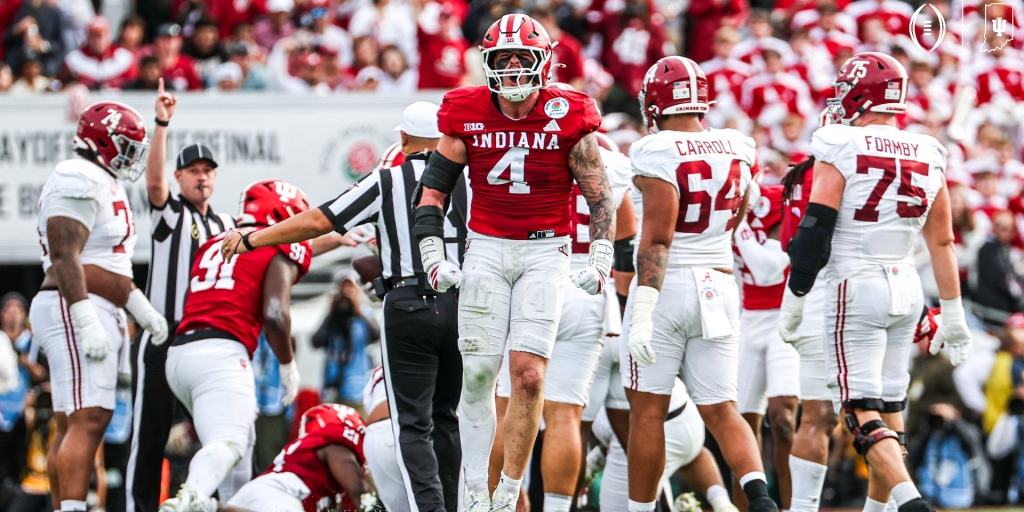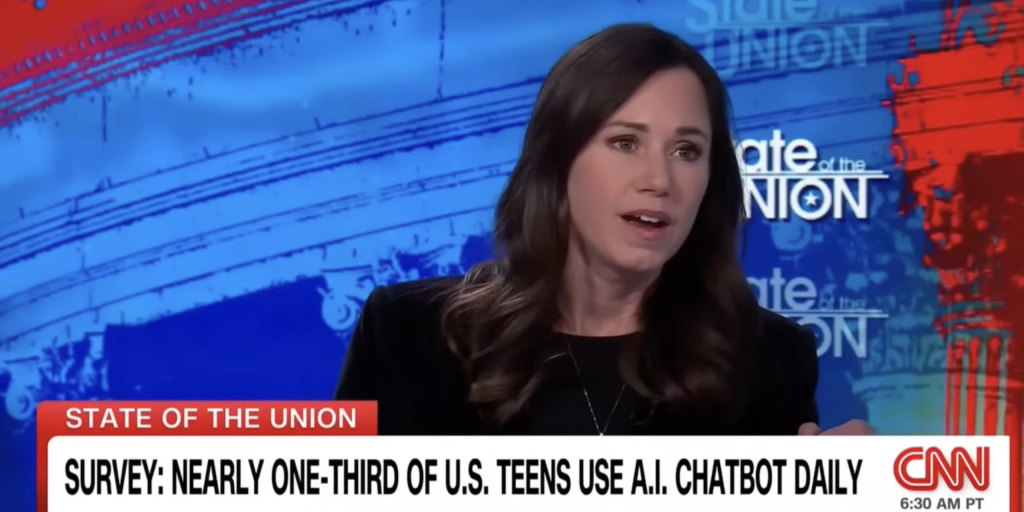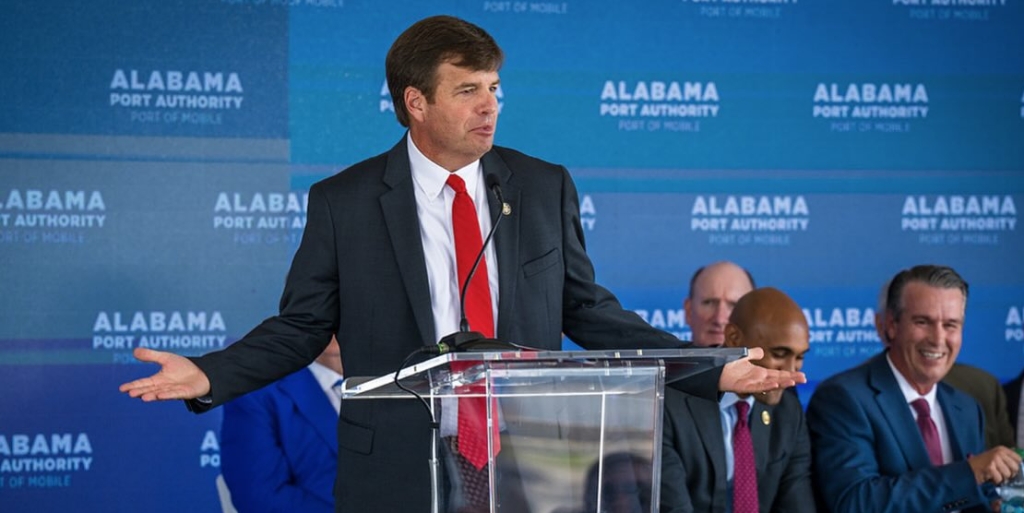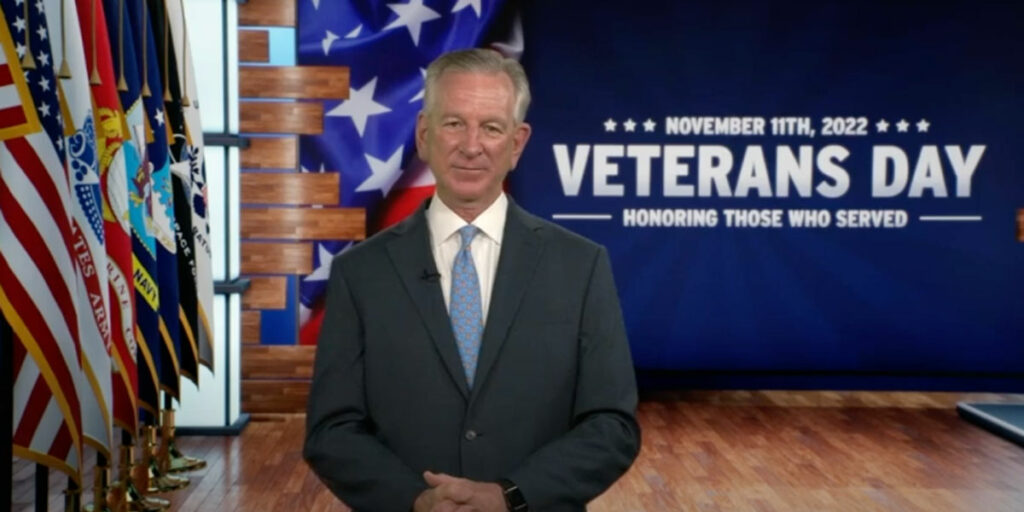
(Opinion) Recent efforts by Alabama’s lawmakers to do away with special elections to fill vacant U.S. Senate seats may have a little to do with that fiasco to replace Jeff Sessions.
I mean, come on. The result of that unexpected and brief race was the nomination of an unpopular Republican candidate and the election of a radically pro-choice Democrat.
And their efforts may have something to do with the cost. The bill’s sponsor in the State House, Ozark Republican Steve Clouse, said last year’s special election cost the state $11 million.
Dropping millions of dollars unnecessarily isn’t exactly the most fiscally conservative of notions. Besides, if our state has that much money to burn then give it back to the people.
But their efforts have everything to do with, or at least they should have everything to do with, the gathering principle of conservative political philosophy – order.
Healthy individuals and families are built upon order, and healthy governments are no different. The predictable, routine and well-regulated nature of our election process, established in our federal and state constitutions, is an essential ingredient to self-government, economic growth and individual liberty.
In America, unlike those parliamentary governments scattered elsewhere, we don’t have random votes of “no confidence” in our executive officers or legislative branches or the snap elections that follow, often sending policies, markets and rights into disarray.
Our framers didn’t envision such a chaotic system, for chaos is a ladder for corruption and, more often than not, leads to rash and regrettable decisions (see the second sentence in this post).
Along with the principle of order, conservatives adhere to the principle of prudence — that little voice warning you “stop, think.”
Providence moves slowly, noted John Randolph of Roanoke, but the devil always hurries. That’s why it’s better to make important decisions through a well-known, well understood and long established process.
Our framers created that well-ordered schedule, and it has served us well. It not only saves us from wasting tax dollars and from avoiding having to go to the polls all of the time, but from also making impulsive decisions in a rush to replace an elected official. They handed that responsibility to state governors, for the most part, and left it to the people to then hold governors accountable for any bad appointments.
The only exception to their system was to allow special elections to replace a member of the U.S. House of Representatives, and even then vacancies in the second year of a member’s term can be delayed until the next general election.
Still, one could easily be swayed by the argument that says, “Let the people vote.”
Indeed, but they already have.
In Alabama, they voted for Robert Bentley to become governor, so when Sessions resigned Bentley appointed then State Attorney General Luther Strange to the seat. No election was needed (and let’s face it, Strange wasn’t so bad, especially compared to Sen. Doug Jones).
They also voted for Kay Ivey to become lieutenant governor. So when Bentley resigned (which one could argue was hastened by the controversial appointment of Strange because it further weakened Bentley’s position – accountability!), she stepped into his office. Again, no election was needed.
In the first example, the people chose … poorly. Such is democracy. We don’t have “do overs” except those that are built into our well-ordered constitutional system. And in the end, Bentley was indeed held accountable.
That’s why making an informed decision during a gubernatorial election is so important. Our governor has the power to appoint individuals to a number of offices and boards statewide. It’s a key part of a governor’s responsibility, and they should be expected to make good ones and be held accountable if they don’t.
At best, these not-so-special special elections are a waste of taxpayer dollars and the time and energy of the electorate. The only people who seem to benefit from them are campaign consultants and the media.
At worst, they serve as a way for a governor to avoid the hard decision of making an important appointment, and the accountability that’d follow.
Clouse’s bill passed the House, and the Senate may consider two related measures – one to change special elections for the U.S. Senate, sponsored by State Sen. Gerald Dial, R-Lineville, and another to curtail special elections to State House and State Senate seats, introduced by State Sen. Rusty Glover, R-Semmes.
Conservatives should support both bills, and help provide a bit more of the order that’s essential to our way of self-government, the health of our markets, and the security of our individual liberties.
(J. Pepper Bryars is the editor of Yellowhammer News and the author of “American Warfighter.”)




